California Governor Gavin Newsom has signed AB610 into law. If you missed it, this is the "exemption" to the FAST Act (Fast Food Accountability and Standards Recovery Act) passed and signed into law in 2023 and scheduled to go into effect on April 1. The law raises the minimum wage for fast food workers in California from $16 an hour to $20 an hour. The wage increase applies to fast food chains with more than 60 locations nationally, and there has been much hew and cry, not only because government is further dictating how small businesses should run (fascism, anyone?), but because certain segments of fast food are exempted from it. With the signing of AB610, those exemptions for those industries and event venues are now guaranteed.
JUST IN: Gov. @GavinNewsom signs AB 610 into law. Authored by Asm. @ChrisHoldenNews (D-Pasadena), the bill provides exemptions for the $20 fast food minimum wage for restaurants in:
— Eytan Wallace (@EytanWallace) March 26, 2024
- Airports
- Museums
- Event centers
- Theme Parks
- Hotels
- Gambling establishments
And that's not even the complete list, as some of these donors stakeholders are protected by non-disclosure agreements. The fact that they have had to do carveouts shows that the law is not worth the paper on which it was drafted and signed. The same can be said for AB5, the 2019 law that restricted and practically eliminated independent contractors and self-employment in the state of California. The independent professionals that had the lobbying power and money to give to the Assembly, Senate, and Newsom's campaigns had a seat at the table. The rest of us, not so much. Don't believe me? Just look at the RedState coverage for the past four years.
California lawmakers in the Assembly on Monday passed a new set of exemptions from the state's new fast food labor law that has been at the center of controversy because of the secrecy surrounding its creation.
The new law will require most major fast-food restaurants in California to pay their workers a minimum of $20 an hour starting in April and require most of the industry to follow pay raises and worker protections that will be set by a new state council.
The legislation approved Monday will exempt fast food restaurants in airports, hotels, convention centers, arenas, museums, casinos and college campuses. Lawmakers noted those workers already have collective bargaining agreements that include benefits and higher pay than the state's new minimum wage for fast food workers. The exemptions will apply immediately once the governor signs the bill.
"We're trying to not stifle their ability to go above that on compensation," the bill's author and Democratic Assemblyman Chris Holden said on the Assembly floor.
Or squeeze out those franchisors who are going to have to raise their prices or eat the cost. What do airports, museums, event centers, and gambling establishments have in common? TONS of government regulations and tons of SEIU International employees. These workers are locked into their union wages and therefore safe anyway, as was intended. Just like AB5, these sweetheart exemptions were done under darkness and cover and engineered by SEIU International.
Sources who spoke to KCRA 3 on the condition they remain anonymous said Monday's action is the result of the Service Employees International Union (SEIU) use of non-disclosure agreements in the final negotiations of the fast-food labor law, known as the FAST Recovery Act. SEIU required the fast-food industry representatives to sign the NDA's to build trust during a contentious discussion on how to move forward with the legislation last summer. As a result, SEIU kept other labor groups out of the final negotiations.
Because the result of those negotiations was made public three days before the end of the legislative session last year, other labor groups with collective bargaining agreements learned too late they would be roped into the law. That prompted Holden to promise to provide the exemptions this year, sources said.
Is anyone surprised by this? It's the way business is done in California. As RedState reported, the first industry to get a sweetheart exemption from the minimum wage law was Panera Bread:
In September 2023, California passed a $20 an-hour minimum wage increase, which had an immediate chilling effect over fast food and fast casual chain dining. Many of these restaurants upped their already increased prices; some fired staff — like Pizza Hut did with its delivery drivers — and moved to more self-serve and robot checkout. Some are even closing locations.
Unless you're Panera Bread. In California, Greg Flynn owns multiple Panera Bread chains in the state. Flynn also happens to be a "friend" of California Governor Gavin Newsom. You do the math.
But the Fast Food Accountability and Standards Recovery Act (FAST Act) includes an unusual carve-out that exempts “chains that bake bread and sell it as a standalone item,” according to Bloomberg News.
Just like they had to do with AB 5, the independent contractor bill, they’re now having to admit they royally screwed up and try to “fix” a bill that should have died.
— Senator Melissa Melendez (@senatormelendez) March 26, 2024
Sloppy work, as usual, from the left. https://t.co/Y9N4RKIsVD
WATCH:
Sloppy work that is ripe for more lawsuits. California taxpayers can expect two things: for the price of fast food to increase exponentially and for their money to go toward the governor's office defending this already tortured and unconstitutional law. AB5 is still being litigated on several fronts and Assemblywoman Kate Sanchez is working to get it repealed. AB5 continues to do damage, as its factors are now embedded in the U.S. Department of Labor Independent Contractor Rule, which is already in effect, was never voted on because a regulatory agency instituted it, and destroys the livelihoods of independent professionals and small businesses nationwide. We tried to warn you: what happens in California never stays there.
About the only people making money in California these days are the trial lawyers.
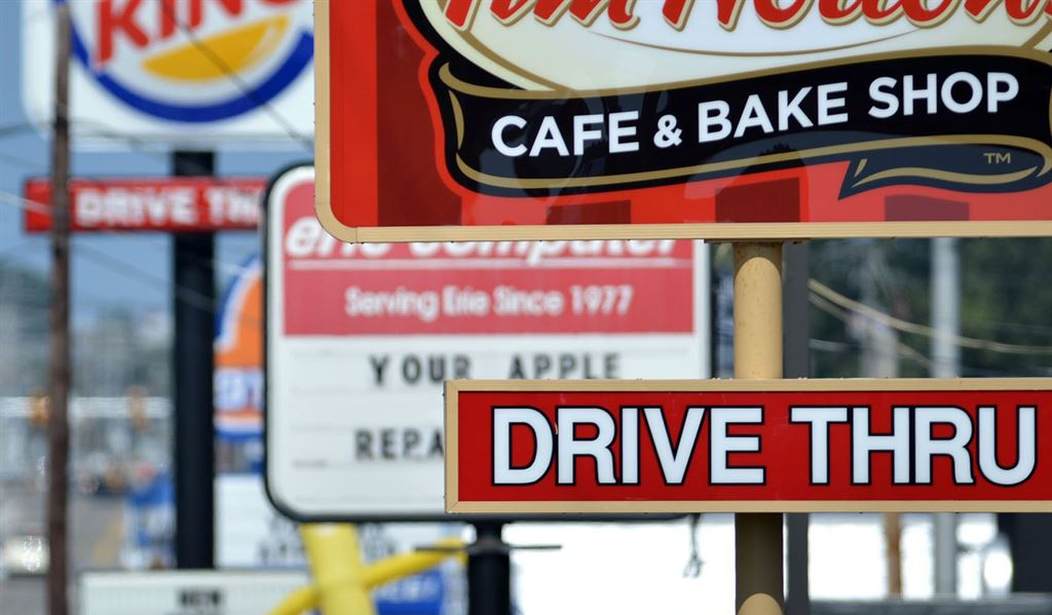

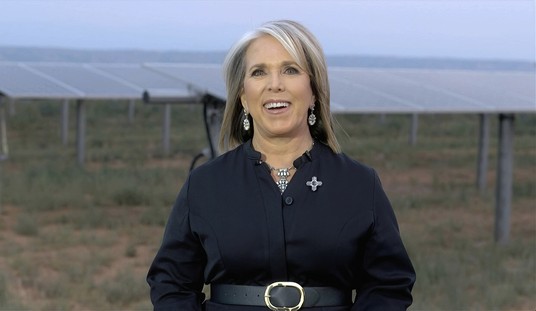
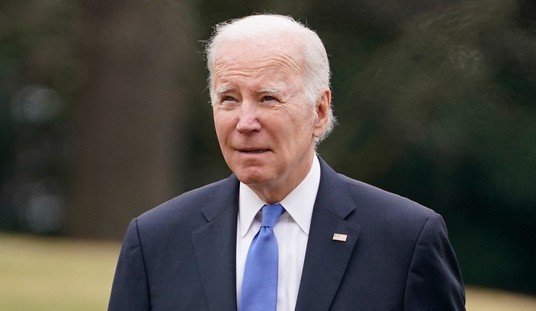





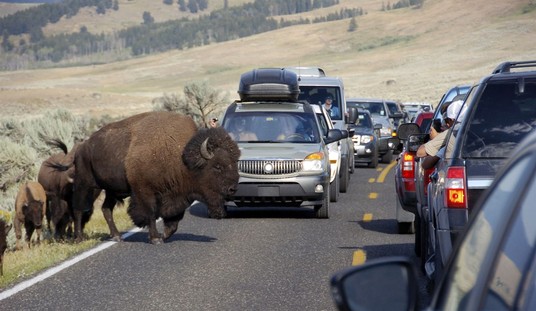
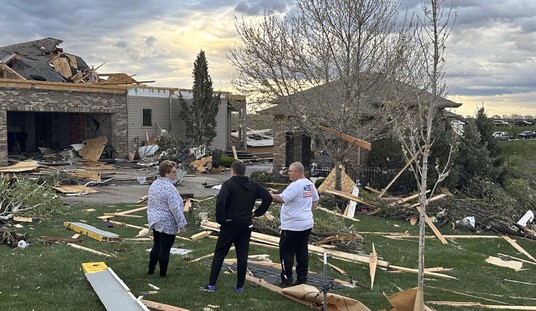
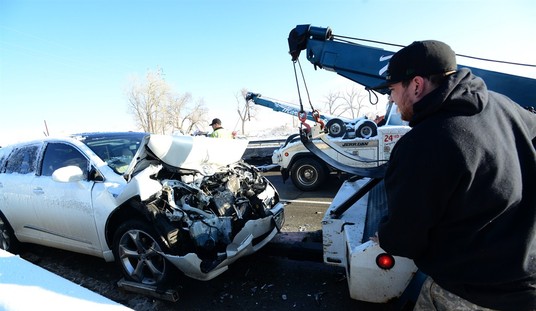

Join the conversation as a VIP Member